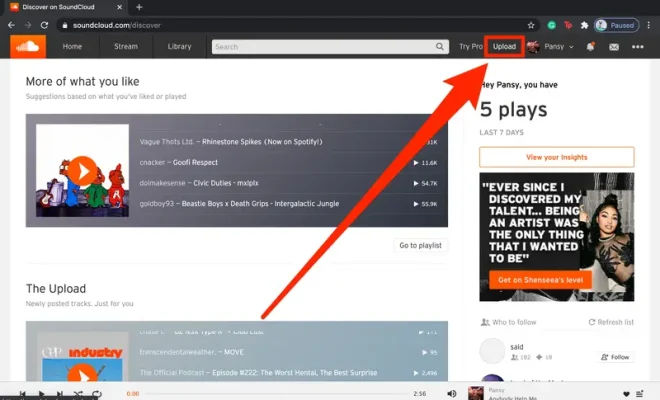What Is a Meme?

In the age of social media, we’ve all come across memes – these pictures overlaid with humorous captions that capture our attention and elicit our laughter. But what is a meme, really?
Simply put, a meme can be described as an idea that spreads rapidly between people via the internet. The term “meme” was originally coined by Richard Dawkins in his 1976 book, The Selfish Gene, as a unit of cultural transmission that could be passed on from one individual to another.
Over time, however, the definition of a meme has come to encompass a much broader range of content. Today, memes can take many forms, from images to videos, audio clips, and even catchphrases. They often play on popular culture, pop references or trends. Memes can be silly, sarcastic, political, absurd, and everything in-between.
The beauty of memes is their accessibility and universality. Because they’re easy to create, share, and understand, they’re an effective way to communicate ideas and emotions in the internet age. Memes can maintain a sense of rebelliousness as they’ve not being filtered through mainstream media but rather by creators on the internet. However, Memes can also be used to convey negative messages such as racism, sexism or bigotry.
Some of the most popular memes are tied to events that are going viral, popular TV shows or movies, politics, or the most recent pop culture trends. One example is the “Distracted Boyfriend,” meme which features a stock photo of a man turning away from his girlfriend to admire another woman, which became a popular format for jokes about infidelity.
Another great example of a popular meme is the “Ight, Imma head out,” derived from Spongebob Squarepants. This meme depicts a scene where a character is about to leave a party, signals this communication by saying “Ight, Imma head out” before proceeding to leave the establishment. This meme is often used to indicate a desire to exit a situation or in instances when people simply need something to end.
In essence, memes are a representation of the internet culture – they’re easily shareable, topical, relatable, and humorous. Even though they are limited in their lifespan, with some only being relevant for a few days, they represent one of the most fundamental ways in which the internet facilitates communication between people worldwide.
In sum, memes are an interesting, creative, and sometimes hilarious observation of human nature in our digital age. They’re a way to get a message out there without being too serious or somber. And just like culture, they keep changing and growing in their popularity, passing through various forms and medium irrelevant of their origin. So next time you see a meme trending, join in the fun and spread your version of the laughter in your corner of the internet.






